Homegoing
Summary:
A novel of breathtaking sweep and emotional power that traces three hundred years in Ghana and along the way also becomes a truly great American novel. Extraordinary for its exquisite language, its implacable sorrow, its soaring beauty, and for its monumental portrait of the forces that shape families and nations, “Homegoing” heralds the arrival of a major new voice in contemporary fiction.
Two half-sisters, Effia and Esi, are born into different villages in eighteenth-century Ghana. Effia is married off to an Englishman and lives in comfort in the palatial rooms of Cape Coast Castle. Unbeknownst to Effia, her sister, Esi, is imprisoned beneath her in the castle's dungeons, sold with thousands of others into the Gold Coast's booming slave trade, and shipped off to America, where her children and grandchildren will be raised in slavery. One thread of “Homegoing” follows Effia's descendants through centuries of warfare in Ghana, as the Fante and Asante nations wrestle with the slave trade and British colonization. The other thread follows Esi and her children into America. From the plantations of the South to the Civil War and the Great Migration, from the coal mines of Pratt City, Alabama, to the jazz clubs and dope houses of twentieth-century Harlem, right up through the present day, “Homegoing” makes history visceral, and captures, with singular and stunning immediacy, how the memory of captivity came to be inscribed in the soul of a nation.
Generation after generation, Yaa Gyasi's magisterial first novel sets the fate of the individual against the obliterating movements of time, delivering unforgettable characters whose lives were shaped by historical forces beyond their control. “Homegoing” is a tremendous reading experience, not to be missed, by an astonishingly gifted young writer. (Summary and cover courtesy of goodreads.com)
Review:
This book was hypnotizing. Something about the writing is really compelling and I felt myself drawn back in again and again even when one of the characters was uncomfortable to read about. These stories are motive and honest, weaving together in ways that create a beautiful parallel timeline throughout the novel.
The main reason this would be more like 4.5 stars is that the later chapters began to feel a little more disjointed highlighting a political perspective. This is certainly not bad, but had a different tone that the earlier chapters and distracted me a touch. The end of the book left me hanging a little as well. It’s the kind of ending that some people love and some (like me) will want a little more from. That being said, I recommend this book without hesitation and cannot wait to see what else Gyasi comes out with.
Warning: Contains repeated violence.
Rating: 5 stars!
Who should read it? Honestly, I think it’s one that everyone should give a read.


